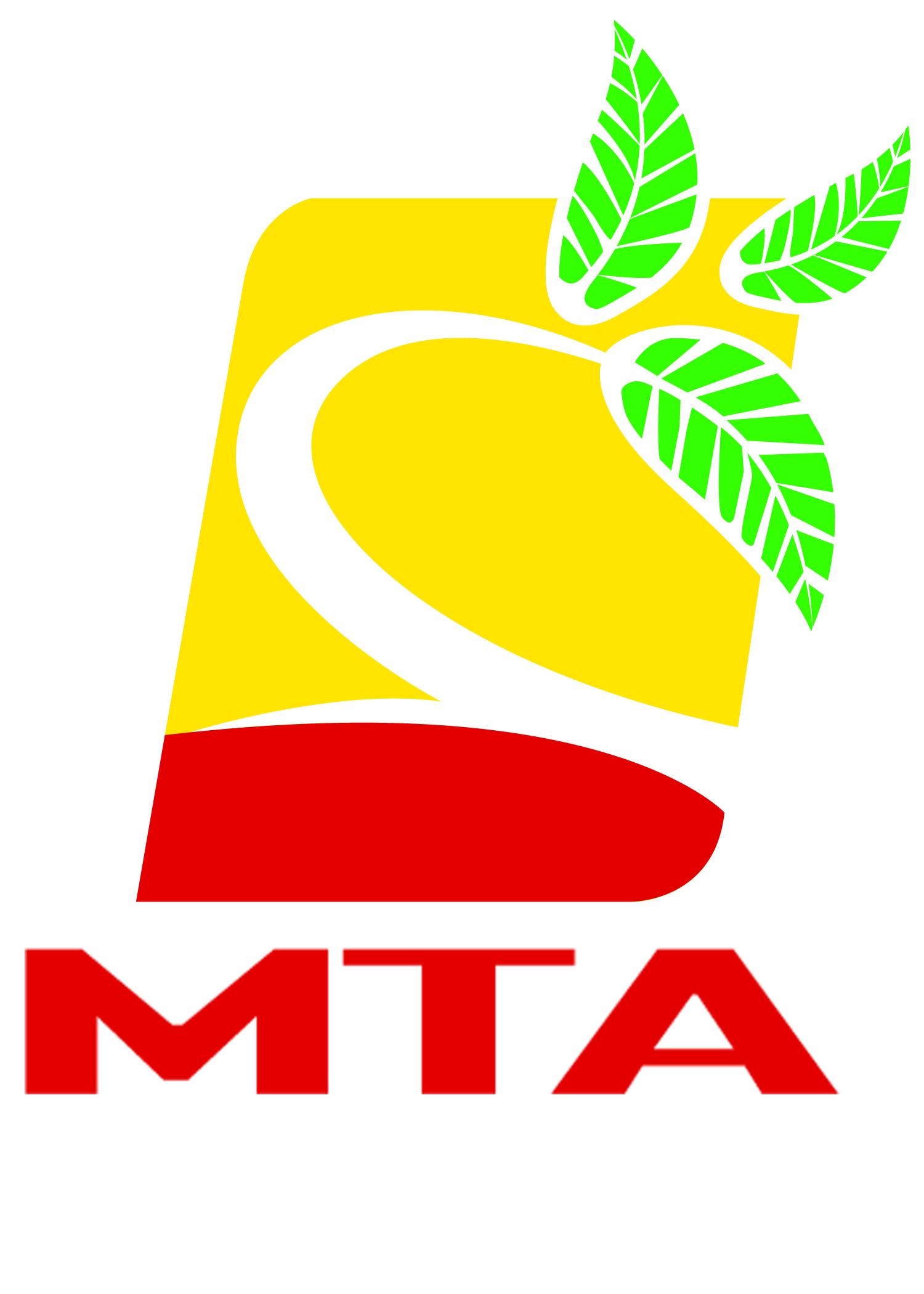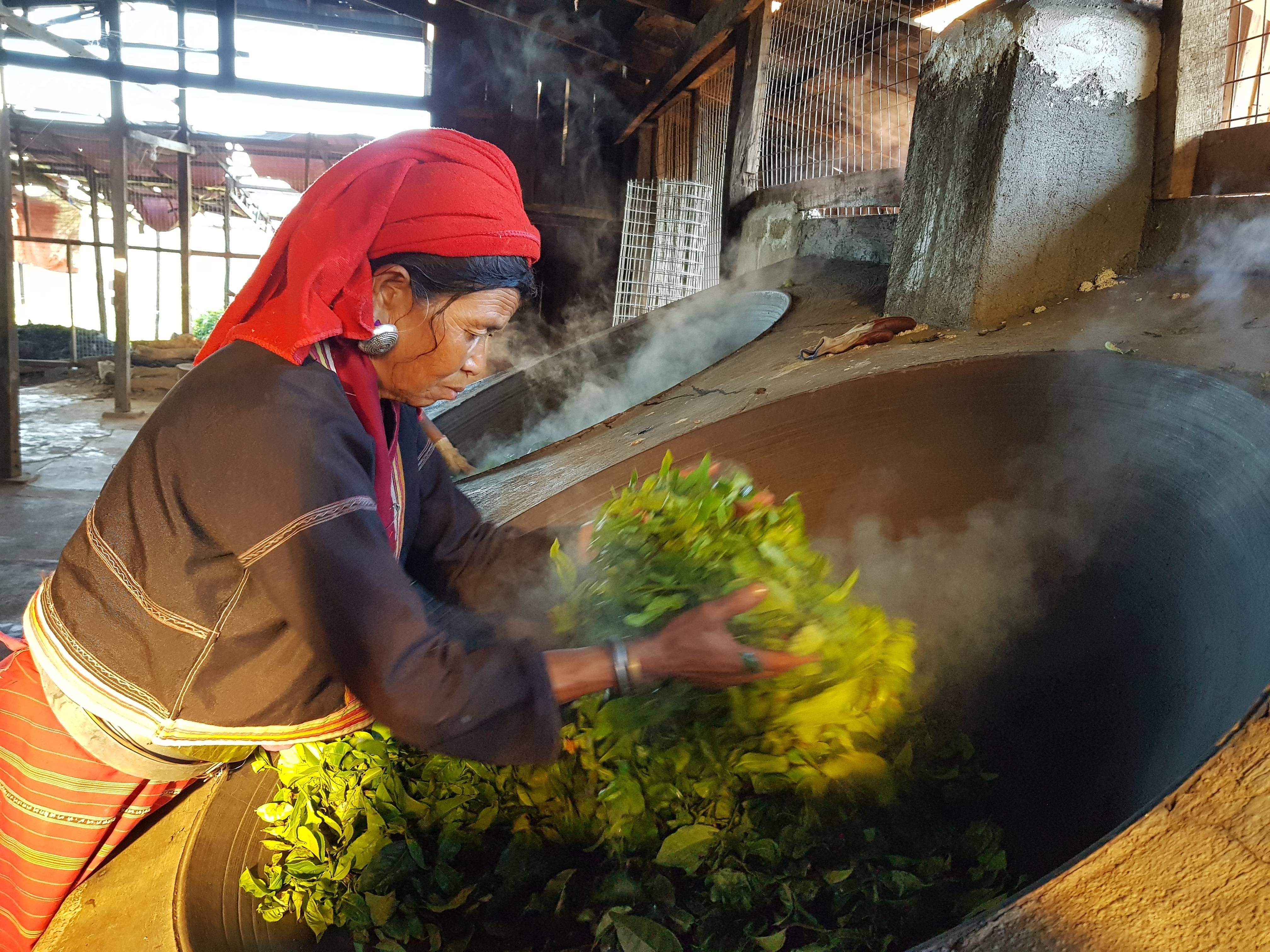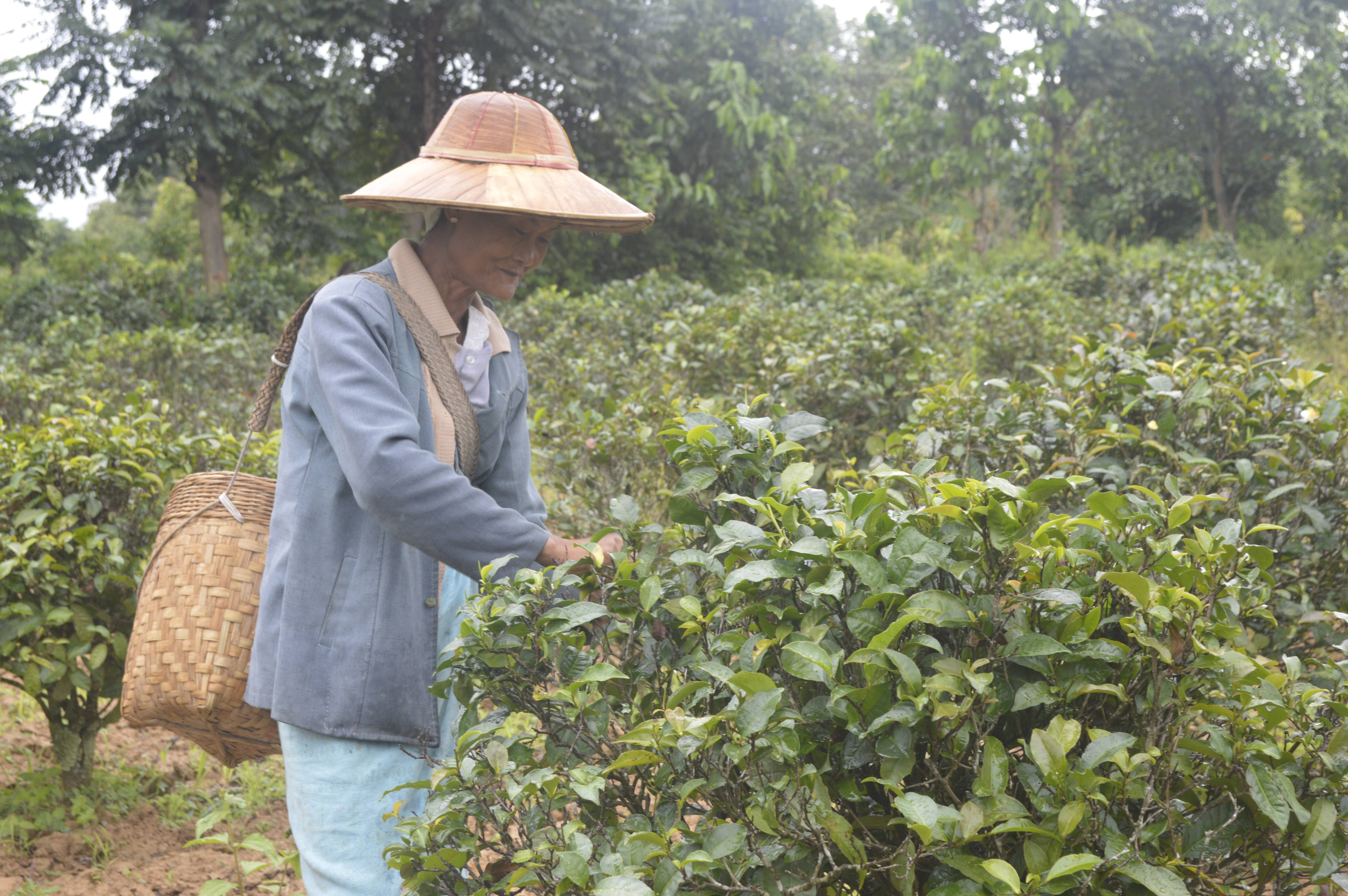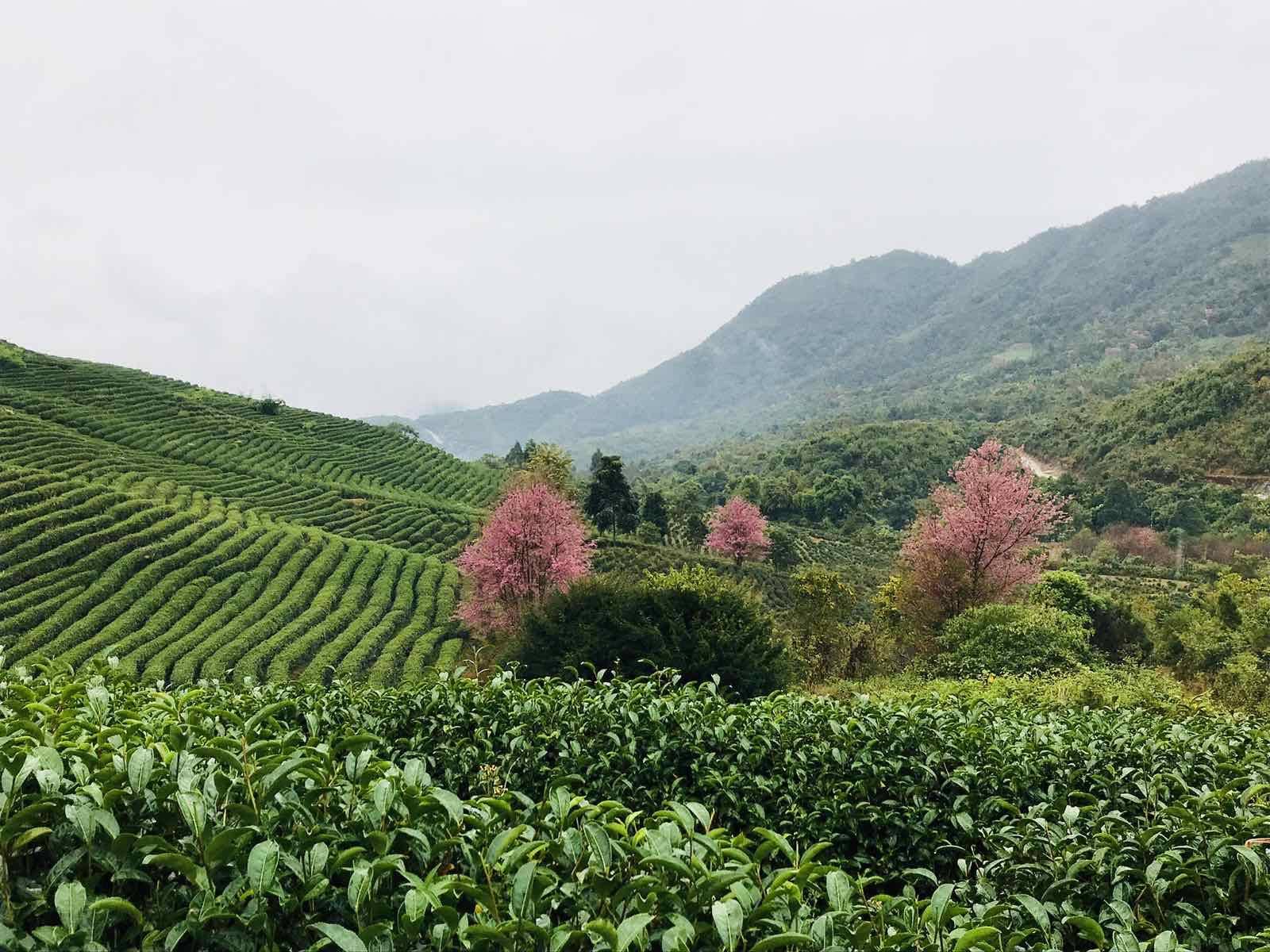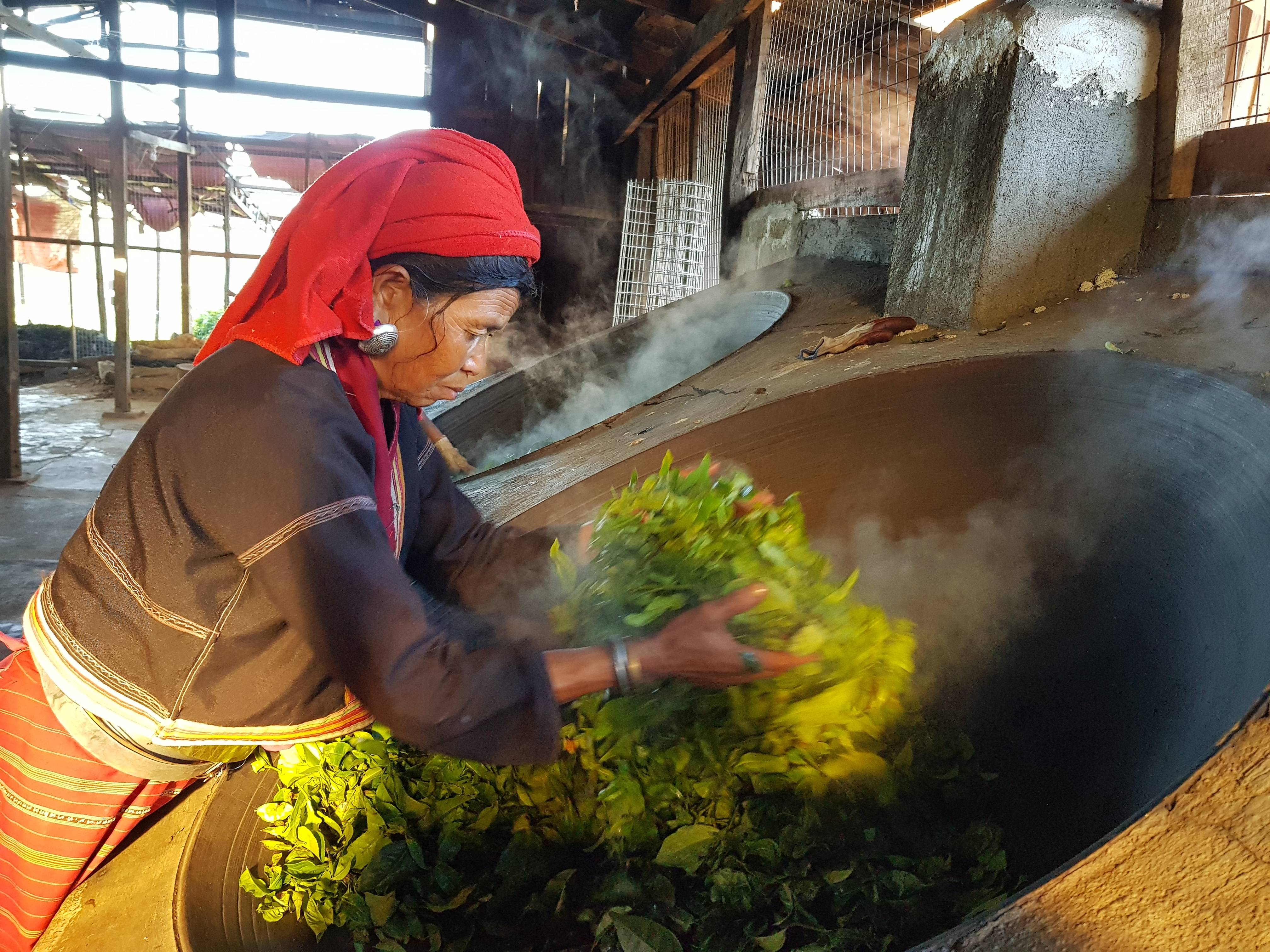
The Challenge
The agrifood sector in Myanmar was badly impacted by the “dual crisis” of COVID and the coup d’état, which triggered economic and financial instability and has undone much of the progress that was achieved after the country re-opened in 2008. Like other agrifood subsectors, tea producers and processors experienced civil unrest, a banking and economic crisis and interrupted access to local and international markets. Climate-related extreme weather is impacting the sector, with extreme temperatures causing a partial crop failure and reduced tea-leaf quality in 2023 and again in 2024. According to a 2023 high-resolution climate forecast by the Center for Development and the Environment’s Geo-Myanmar project, extreme heat and erratic precipitation are forecast to accelerate over the coming decades in tea-producing areas in Shan State. Adapting the agrifood sector to the changing climate is therefore critical to rural livelihoods. PRET addresses the needs and constraints of the agrifood sector, using the tea subsector as the entry point. It will initially help tea value chain actors to overcome the most pressing environmental and economic challenges that they face. At an intermediate level, the program will scale its results by crowding in other agrifood subsectors, which will be exposed to new techniques and business models through retailers and cooperation with the RBF+ project. At the highest level, the action will prove that environmental and economic sustainability can be achieved even in crisis conditions, pushing back against the harmful narrative that change is impossible due to the protracted crisis in Myanmar. The crisis situations in Myanmar creates opportunities for PRET to help stakeholders adapt to their challenges in ways that improve both environmental and economic performance. As an example, shifting to renewable energy sources or using locally produced sustainable packaging makes more financial and business sense due to interruptions in supplies and increased costs of imported goods. The “win-win” sustainable business models demonstrated by PRET is expected to show that issues such as climate adaptation and mitigation, energy insecurity and plastic waste can be tackled even in crisis conditions.
The Objectives
PRET aims to drive systemic change in the agrifood sector, using the tea subsector as a model for broader transformation. Tea was chosen because it is both significant enough to influence consumers and other agrifood sectors, yet small and cohesive enough to serve as a pioneering case.
By supporting the tea sector in developing and piloting new business models, PRET will help address key challenges in tea and other agrifood sectors. This includes fostering climate-adapted production systems that enhance carbon fixation and biodiversity, reducing carbon intensity and environmental impact during processing, and replacing plastic packaging with sustainable alternatives. Additionally, PRET will promote sustainable consumer choices through the marketing efforts of tea companies and retailers.
The main goals are to:
- Facilitate the transition of the tea subsector to climate- and biodiversity-positive, circular economy approaches at key stages of the product lifecycle.
- Leverage changes in the tea subsector to inspire transformation across other agrifood sectors.
Specific Objective:
The Myanmar agrifood sector transitions to a low-carbon, resource-efficient, and circular economy business model while promoting sustainable value chains and products, contributing to the recovery of local economies.
The Way Forward
- Tea producers achieve increased productivity through analogue forest and agroforestry production systems, alongside improved logistics, while reducing on-farm environmental impacts and enhancing climate adaptation and mitigation efforts.
- The environmental footprint of tea processing is significantly reduced through lower energy and water usage, adoption of low-carbon energy sources, implementation of innovative and sustainable packaging, and improved waste management practices.
- The transformation of the tea sector generates reproducible and profitable business models that promote climate- and biodiversity-positive production while reducing plastic use, inspiring similar transitions across Myanmar's broader agri-food sector.
Relation to European Green Deal, Circular Economy and Climate Change
The project contributes to supporting the green transition of key economic value within project location to reduce their carbon and environmental footprints (delivering technologies starting from production such as analogue forestry towards the end of value chain, introducing life cycle assessment to the retailers and MSMEs). To achieve its goals, the project touches on the aspect of supporting local consumers in acting more responsibly in choosing low-carbon and environmentally and socially sustainable products and services to ensure that the changes it promotes are driven by market demand. To achieve the above contributions, the project will be supporting MSMEs in reducing their greenhouse gas emissions and the environmental impact of their industrial production, improving resource mobilisation and efficiency and adopting circular economy practices. While not central to the project, it will also make an effort in engaging with consumers on low-carbon practices and sustainable consumption and production practices.


